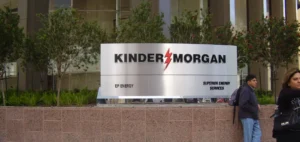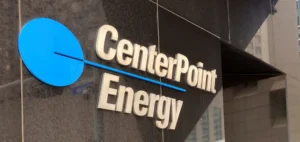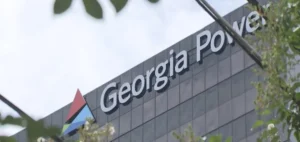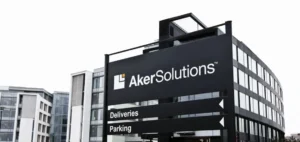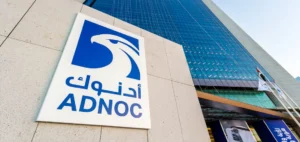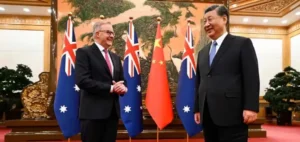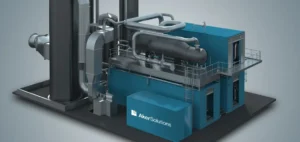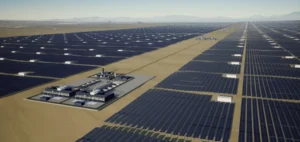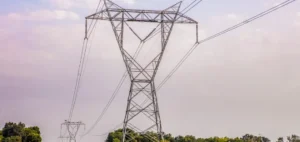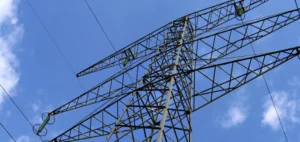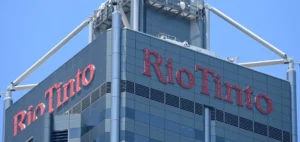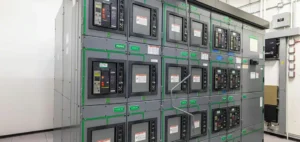Advances in artificial intelligence (AI) are reinventing the way the world’s energy systems are managed and operated. Similarly, growing electricity demand and decarbonization targets are adding layers of complexity previously unimaginable. Traditional power grids, once centrally directed, must now adapt to multi-directional exchanges of electricity, fed by a growing variety of distributed sources.
Power grid connectivity and predictability
The incorporation of a growing number of connected devices, such as electric vehicle charging stations and residential solar panels, has turned flow predictability into a complex headache. In addition, this growing interconnection with the transport, industry and construction sectors demands a higher level of information exchange and advanced analytical tools.
The role of AI in prediction and efficiency
At the intersection of these issues lies AI, whose capabilities are constantly expanding. Its computing power has grown exponentially, enabling significant advances in language and image recognition, audio data transformation and task automation. These advances also apply to the self-improvement of algorithms, capable of revising their own codes.
Making the most of renewable energies
The energy sector is only just beginning to harness the potential of AI to boost efficiency and drive innovation. Smart grids, in particular, generate immense volumes of data. Smart meters, for example, send utilities thousands of times more data than analog devices. New energy flow monitoring systems deliver more data to operators, enabling more precise and efficient resource management.
Forecast accuracy and cost reduction with AI
Sophisticated AI models improve the accuracy of wind generation forecasts and reduce deviations, minimizing risks for grid operators and reliance on costly reserves. Similarly, when it comes to forecasting electricity demand, which varies according to a number of factors, AI enables utilities to reduce operational costs and maximize reliability, by fine-tuning plant management and limiting the use of costly and less environmentally-friendly energy sources during peak consumption.
Strategic investments in AI for the future of energy
The era of AI in the energy sector promises to be one of greater efficiency and reliability. Companies that invest in these technologies are strategically positioning their operations to thrive in a rapidly changing energy future.
The integration of AI into energy systems marks a decisive turning point towards more efficient and far-sighted management. Ongoing innovations are paving the way for smarter, more resilient networks, essential for a successful, sustainable energy transition.



